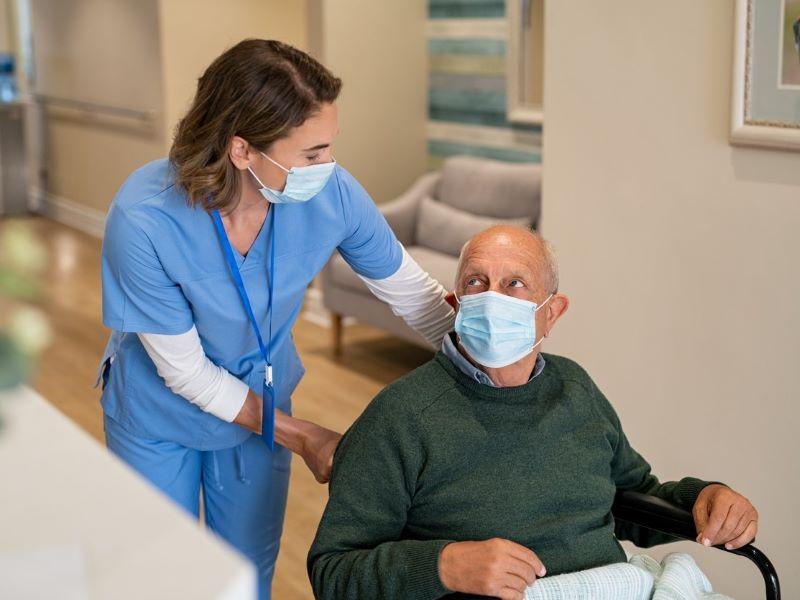My first advice resource focused on making sense of decolonisation in medicine within a specific module, creating space for objectivity alongside personal viewpoints and embedding intersectionality in the syllabus. This second piece continues the conversation with the focus on empowering students on a module such as decolonising medicine through unique module delivery, assessments and diverse module tutors.
Deliver the module using the flipped classroom approach
Trust your students to lead: While many courses can be delivered in the lecture/tutorial model highly successfully, students on this module should be considered active learners taking charge of their education through critical thinking, reflection and classroom engagement. As educators, it is essential that we do not try to sway perceptions with our own opinions but let students derive the answers to challenging questions themselves, by practising active reflection. Students are curious about decolonisation. One of the most effective methods to engage them is to trust them and let them take the lead on their learning and discovery, while we play the role of facilitator rather than lecturer.
- Resource collection: Decolonising the curriculum
- How to support academic staff starting the journey of decolonising the curriculum
- THE podcast: what does it mean to decolonise a library?
Implementing the flipped classroom: Using the flipped classroom model can be empowering for students, especially on a module on decolonising. The flipped classroom model moves away from a lecture/tutorial model where information is provided to students in a group setting, followed by tutor-led group discussions. The flipped classroom format provides information and learning material to students beforehand for private and self-paced learning, understanding and reflection. Students then come together in group settings for interactive and dynamic engagement with their facilitators.
Provide a wide breadth of material such as a peer-reviewed journals, online news articles, opinion pieces and videos and podcasts, together with a list of critical-thinking questions to engage with during private learning. Taking the Willowbrook hepatitis experiment example described in my first advice piece, where Saul Krugman experimented on mentally disabled children and in the process discovered the hepatitis vaccine, some critical-thinking questions that could be asked are as follows:
Krugman wrote in 1986: “I am as convinced today as I was at that time that our studies were ethical and justifiable.”
- Think about the medical knowledge that was attained from these experiments and the progress in medicine for hepatitis. Should the study have been approved since it was “for the greater good”?
- In fact, Krugman, “upon his death, he was lauded for his essential work on not only hepatitis but the rubella and measles vaccines”. Were Krugman’s experiments completely unethical? Why or why not?
After engaging with the readings and videos, tutors and students discuss the series of questions, sharing thoughts and supporting them with their research.
Support students closely: Topics on the module can be mentally stressful, where some students could be triggered from past trauma or feel close to the victims of oppression especially if the victims “look like them”. It is important to allow students to take breaks and leave the class if required. Doing regular mental health checks each week before starting the workshops can help students to express emotions within a safe and trusted space.
Use assessments that directly test the skills you have imparted
The three key skills that could be assessed from a module such as this are the students’ ability to think objectively, reflect critically and communicate in a well-researched, respectful manner. So how can these skills be examined?
Assessing objective thinking: Testing students’ ability to research and understand both perspectives or sides of the argument would push them to think about the issues or events in an objective manner. It can be challenging to discuss points of views that do not align with our own and this demands a depth of knowledge and understanding. Students could be tasked with creating an educational resource for other students presenting an issue of interest from a holistic point of view.
Assessing critical reflection: The module is centred on critical reflections of principles, theories and events, and regular journalling on these issues can help students to understand and process their own feelings while challenging their assumptions or biases and developing new perspectives. An assessment tool that can be used to trigger critical reflections is structured reflective journals.
Assessing well-researched, respectful communication: In a module focused on decolonisation, opinions and ideas will vary, and all should be welcome. However, it is critical that students back up opinions with evidence and scholarship. This can be a tricky balance, especially when lived experience often cannot be evidenced. Hence, having a distinction for when each is recommended can be helpful; encourage lived experiences and positionality during discussions in the safe spaces, and when assessing students, recommend using respectful expressions of differing opinions that are backed up by scholarship. Group debates are an effective way to test students’ abilities to communicate varying informed viewpoints respectfully.
Recruit a diverse team of lecturers
We cannot overlook the fact that as educators, our lived experiences and positionality play an important role in how we perceive knowledge and facilitate students. When recruiting your team of facilitators for the module, ensure that you actively embed diversity through gender, ethnicity, different value systems and other characteristics that individuals are comfortable sharing publicly. We must acknowledge that the learning environment provided by each facilitator has an impact in the classroom, and more so in a module such as “decolonising medicine” because lived experiences are central to teaching and learning. It could also be worth switching facilitators for some workshops to provide students with more varied and robust perspectives.
Musarrat Maisha Reza is a senior lecturer in biomedical sciences at the University of Exeter.
If you found this interesting and want advice and insight from academics and university staff delivered directly to your inbox each week, sign up for the THE Campus newsletter.




comment